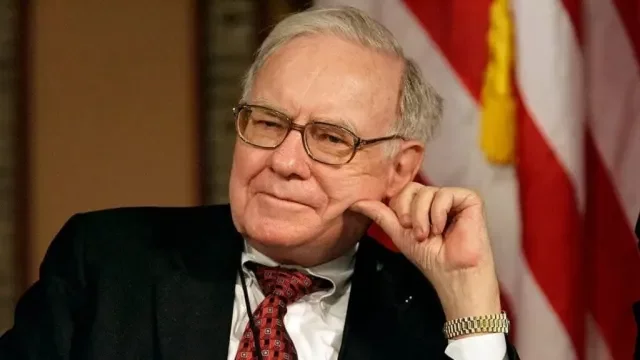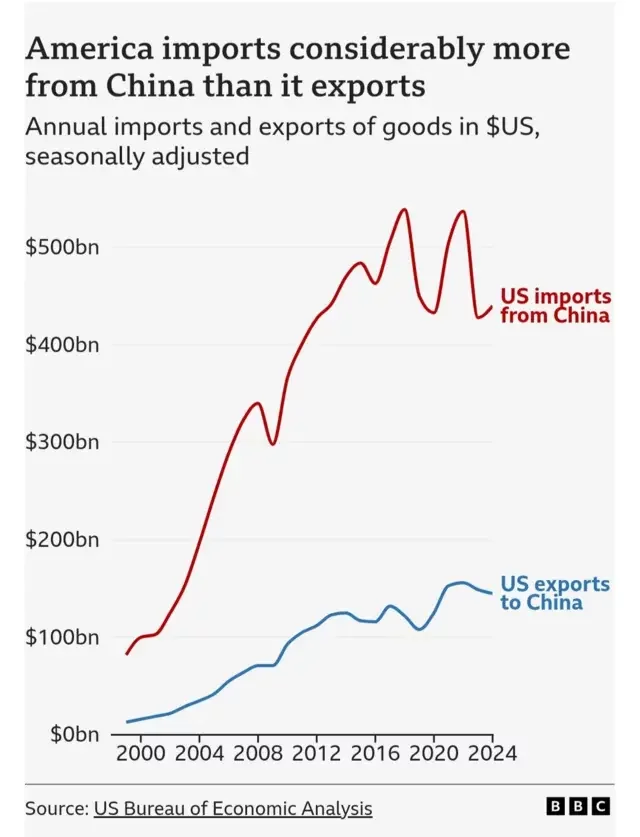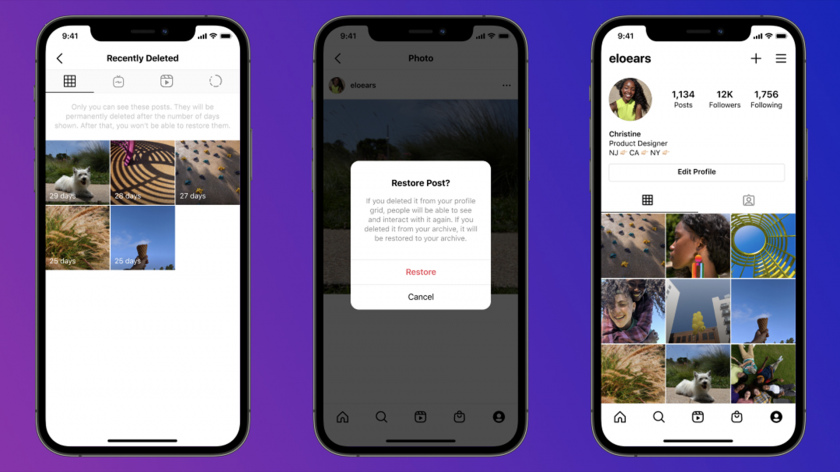
Warren Buffett is known for his astute business practices and hardball negotiation tactics. His company, Berkshire Hathaway Inc., is one of the largest conglomerates and investment companies in the world. It has acquired dozens of companies over the years with over 75 wholly owned or controlled subsidiaries. It owns shares valued at billions of dollars in companies like Apple Inc., Amazon.com Inc., Mastercard Inc. and others.
Buffett amassed his incredible portfolio and his company's nearly $1 trillion value through decades of astute investing, smart acquisitions and business acumen. Buffett, a long-time resident of Nebraska, earned his undergraduate degree in business from the University of Nebraska-Lincoln in 1950. Nearly six decades later, he returned to the university to give a speech to the graduating class, talking about some of the most valuable things he learned at a young age that helped propel him to where he is today.
Buffett said there's nothing more important to understand than accounting.
"People ask me what they should take in business school," Buffett said. "You have to understand accounting. It's the language. It's like being in a foreign country without knowing the language if you're in business and you don't understand accounting."
Not only is this a valuable tool for understanding the world of business, Buffet says it made him "a lot of money."
Accounting isn't an abstract principle only used in textbooks. Buffett recounts how he used accounting to acquire the popular home manufacturing company Clayton Homes in early 2003.
Most acquisitions have extensive due diligence, meetings, negotiations and other processes before an acquisition can take place. While much of this likely still took place, Buffett gave a unique, billion-dollar example of how he used accounting to acquire the business.
"We agreed to $1.7 billion for it. I made that deal over the phone without ever meeting the people there," Buffett said. "But I had seen enough through reading 10-Ks, 10-Qs, annual reports."
Buffett admits using his accounting skills and an acquisition target's Securities and Exchange Commission disclosures to analyze the company and learn about its quality based on the decisions revealed in their filings.
While it's likely a host of due diligence and meetings took place after those phone calls, accounting allowed Buffett to make a multibillion-dollar decision to purchase a company with minimal upfront footwork and still be confident he is getting a good deal in his acquisition.

















Comments